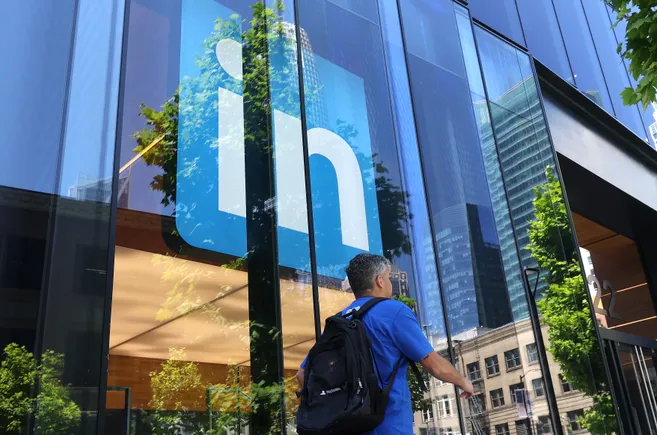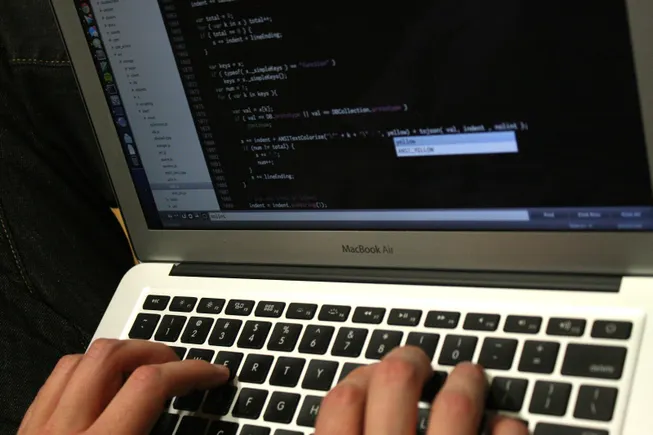Dive Brief:
- Amazon will eliminate approximately 14,000 roles “by further reducing bureaucracy, removing layers, and shifting resources,” according to a memo shared with workers and the public on Wednesday by Beth Galetti, senior vice president of people experience and technology.
- Amazon’s corporate restructuring will include reductions and hiring, and the company will provide 90 days for laid-off employees to look for a new role internally, Galetti wrote. Recruiting teams will prioritize internal candidates. Those who leave will receive severance pay, outplacement services and health benefits, she wrote.
- Galetti noted that while Amazon is “performing well,” the rapid rate of change brought on by artificial intelligence has convinced the company that it must be “organized more leanly, with fewer layers and more ownership, to move as quickly as possible for our customers and business.”
Dive Insight:
Amazon is the latest tech company to announce layoffs — and the latest to gesture toward AI as the culprit.
Some companies have straightforwardly announced plans to replace workers with AI, as DuoLingo did in April. Announcing that it would be “AI-first,” the language learning app creator’s CEO Luis von Ahn said DuoLingo would stop hiring contractors to do work “that AI can handle” and would not afford more head count for teams unless the work couldn’t be automated.
Intel has plans to cut more than 20% of its workforce by the year’s end, and, similar to Amazon, has gone after middle management, according to a Reuters report from July. But while CEO Lip-Bu Tan has blamed AI in part for the layoffs, it’s largely due to Intel’s failure to take a leading role in the AI revolution and claim a top-ten spot among semiconductor companies, according to reporting in The Economic Times.
Perhaps counterintuitively, there have also been cuts in AI divisions themselves. Last week, Meta cut more than 600 jobs in its “Superintelligence Labs,” which focus on AI innovation at the company. Staffed by around 3,000 workers, the labs’ cuts were “aimed at cleaning up the organizational bloat that resulted from three years of building up Meta’s A.I. efforts too quickly,” according to a New York Times report.
But Meta also laid off more than 100 people in its risk review organization, the Times reported, a group staffed by employees tasked with ensuring Meta products are compliant with Federal Trade Commission rules and privacy rules set by global regulators. The company plans to automate these functions, the Times reported.
JR Keller, a professor of human resource studies at Cornell University’s School of Industrial and Labor Relations, told HR Dive the short-term benefits of reducing head count for AI may have long-term negative consequences.
“I think AI has enormous implications for college graduates entering the job market,” he said. “Where are people going to learn how to do their second job, if they never get that first one? And so, I think that is a huge question that organizations are going to have to face. I think in the short term, they’re just going to get rid of as many jobs as they can. But, in the long term I think that could be something that ultimately costs companies as well.”






Leave a Reply